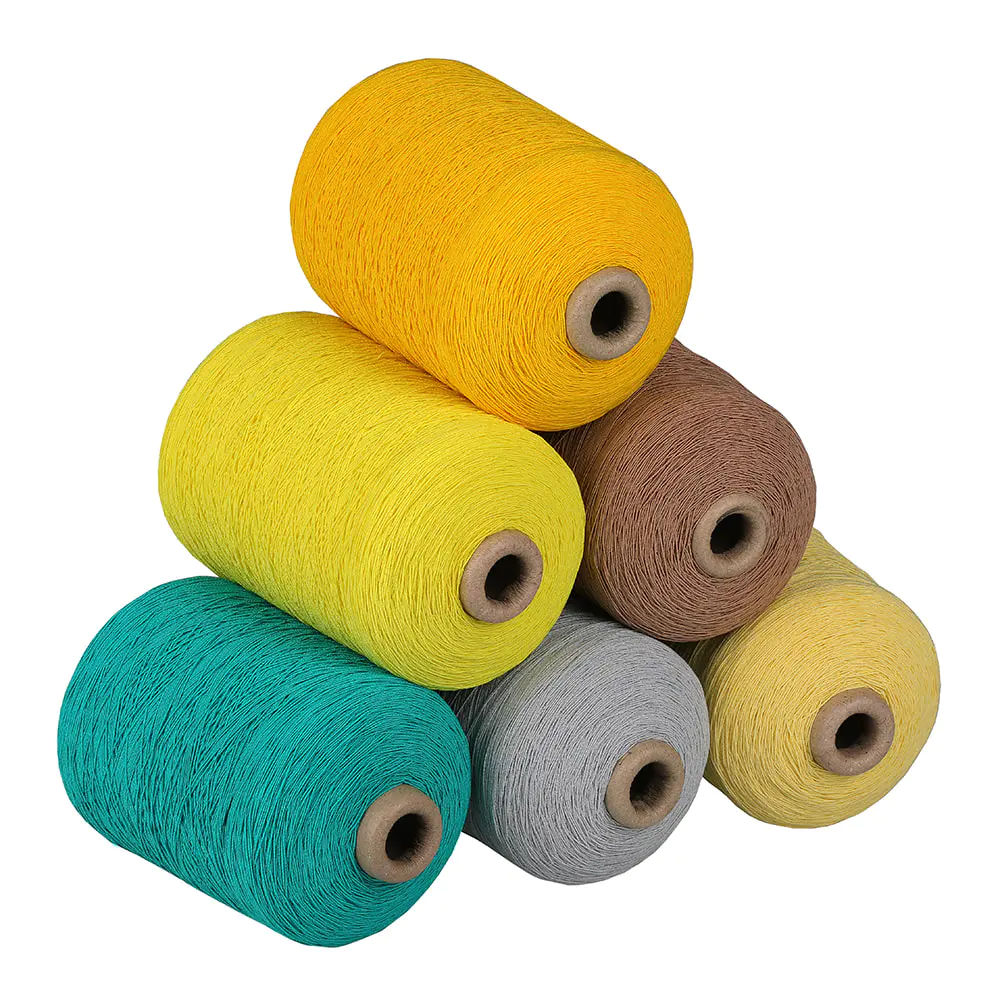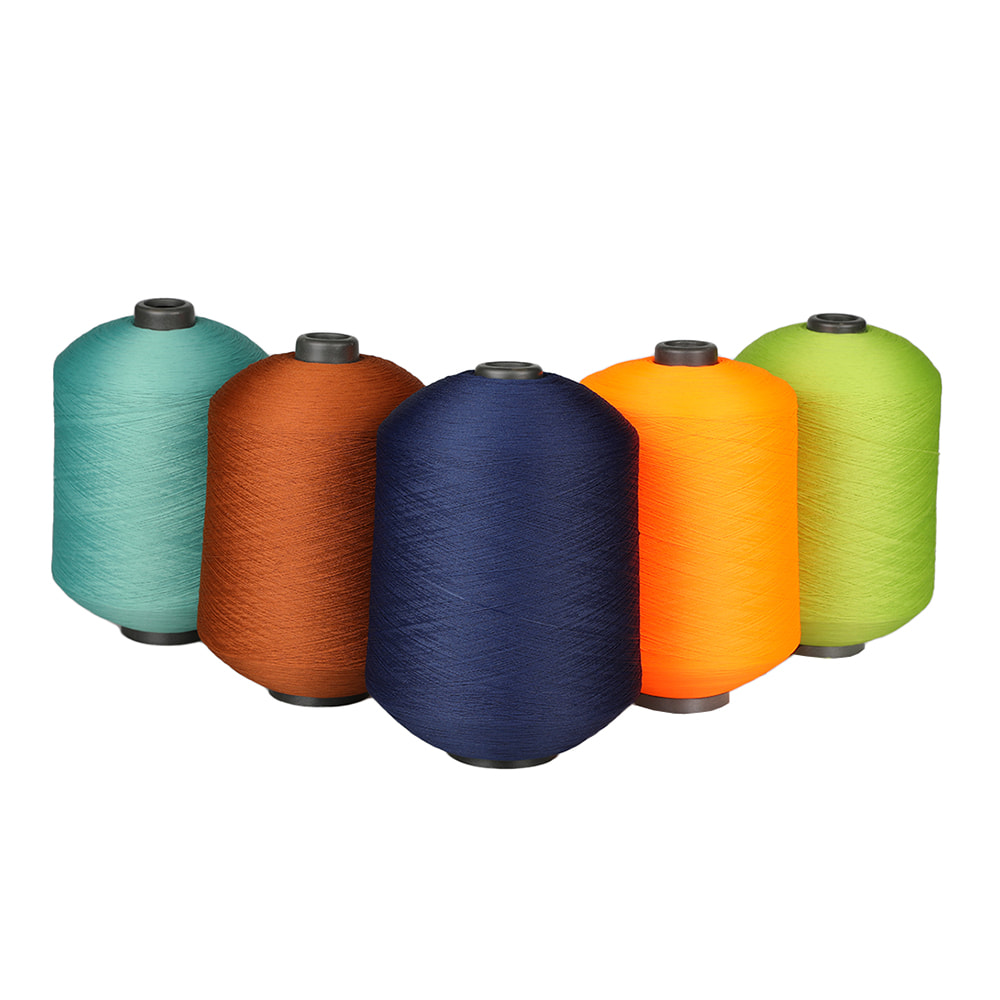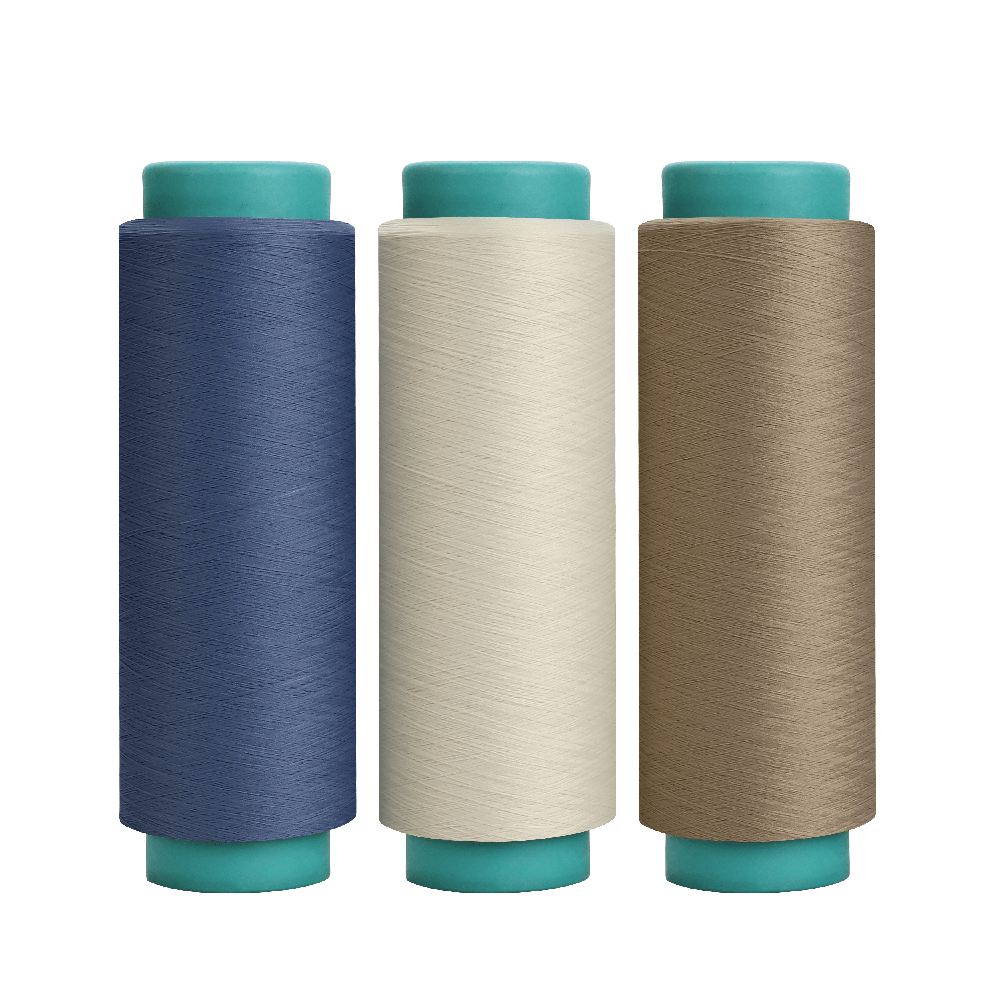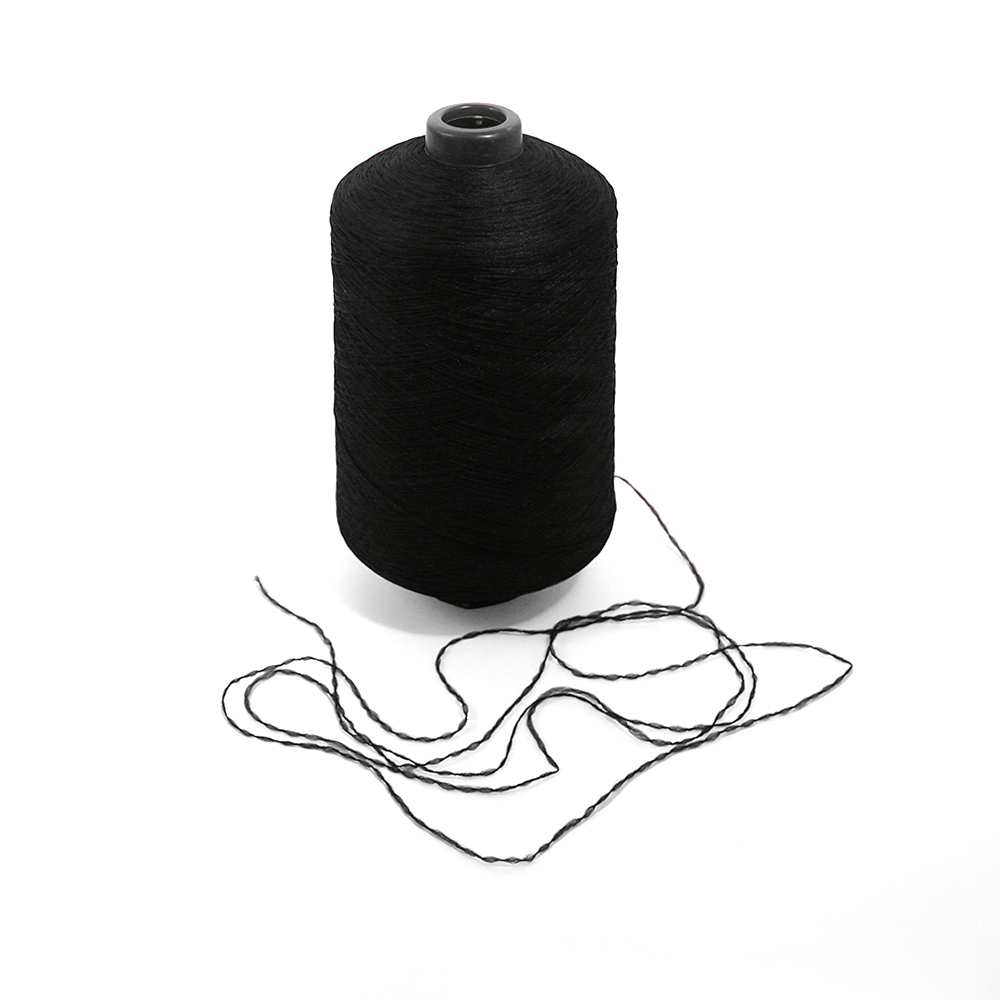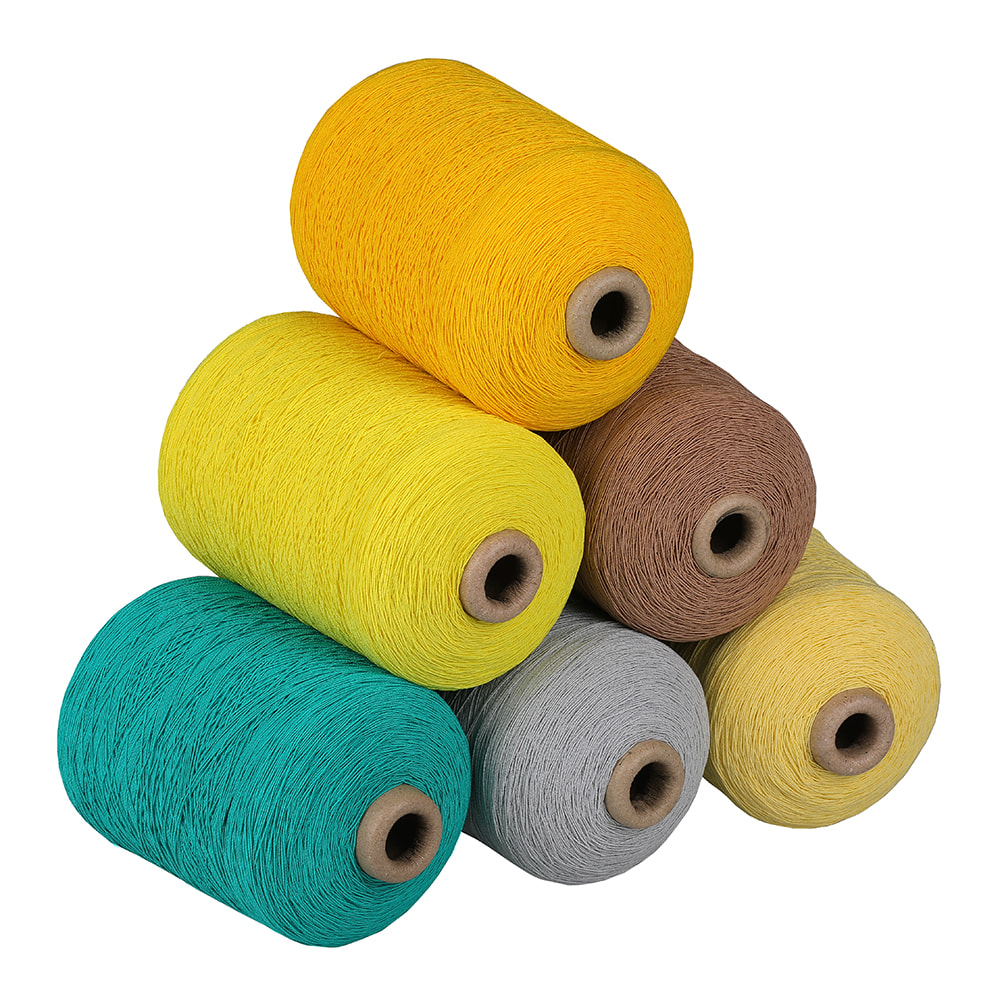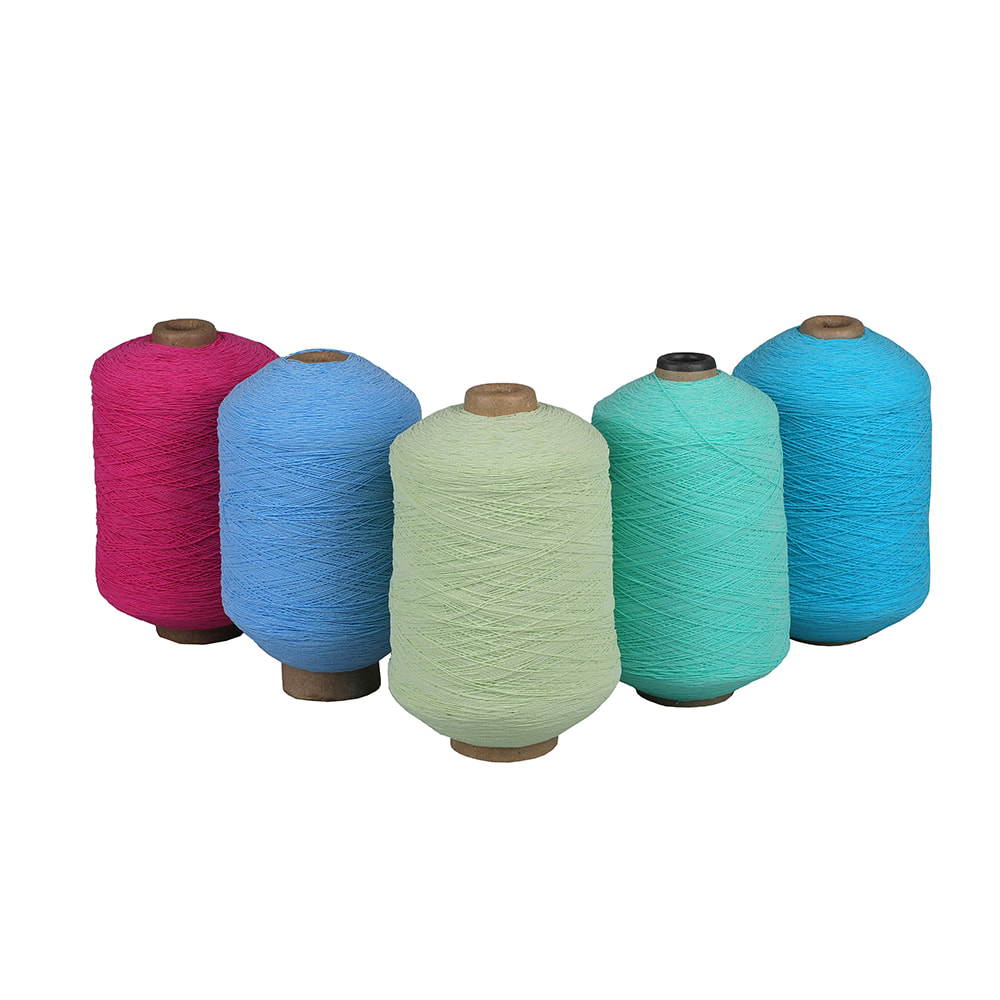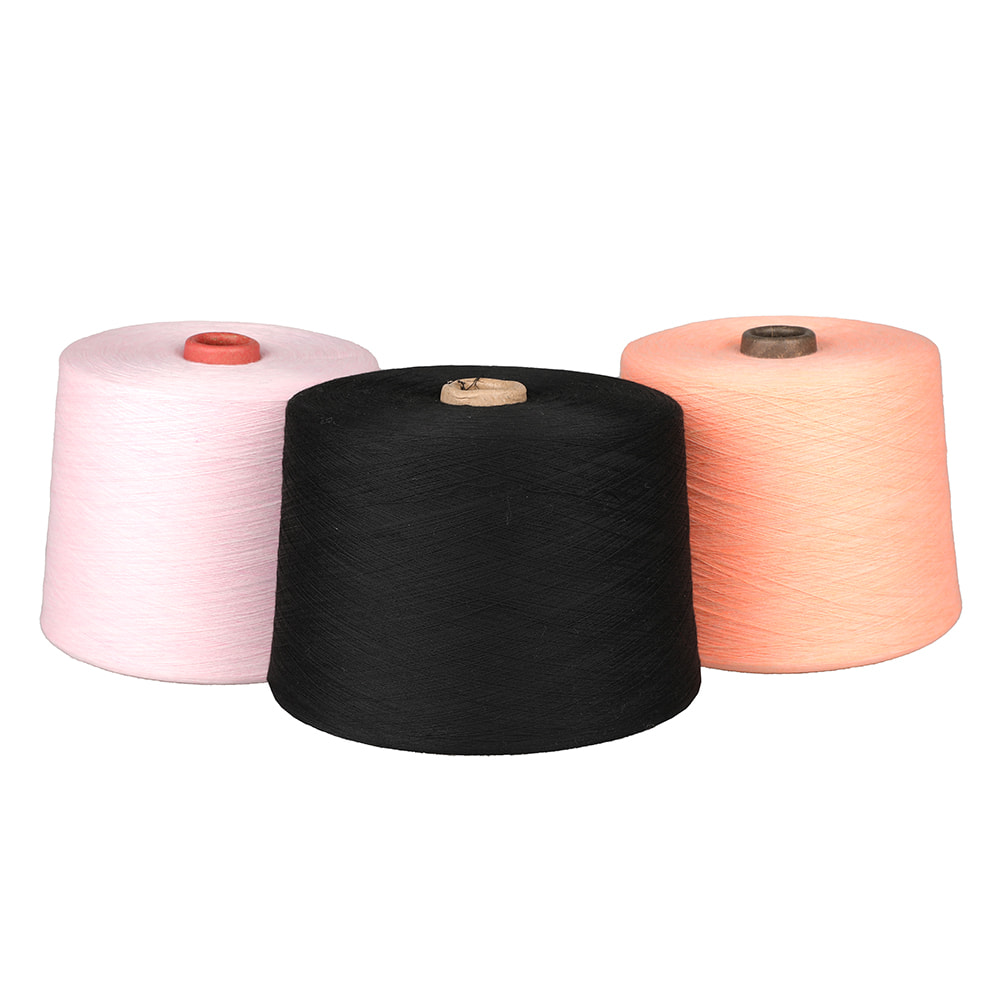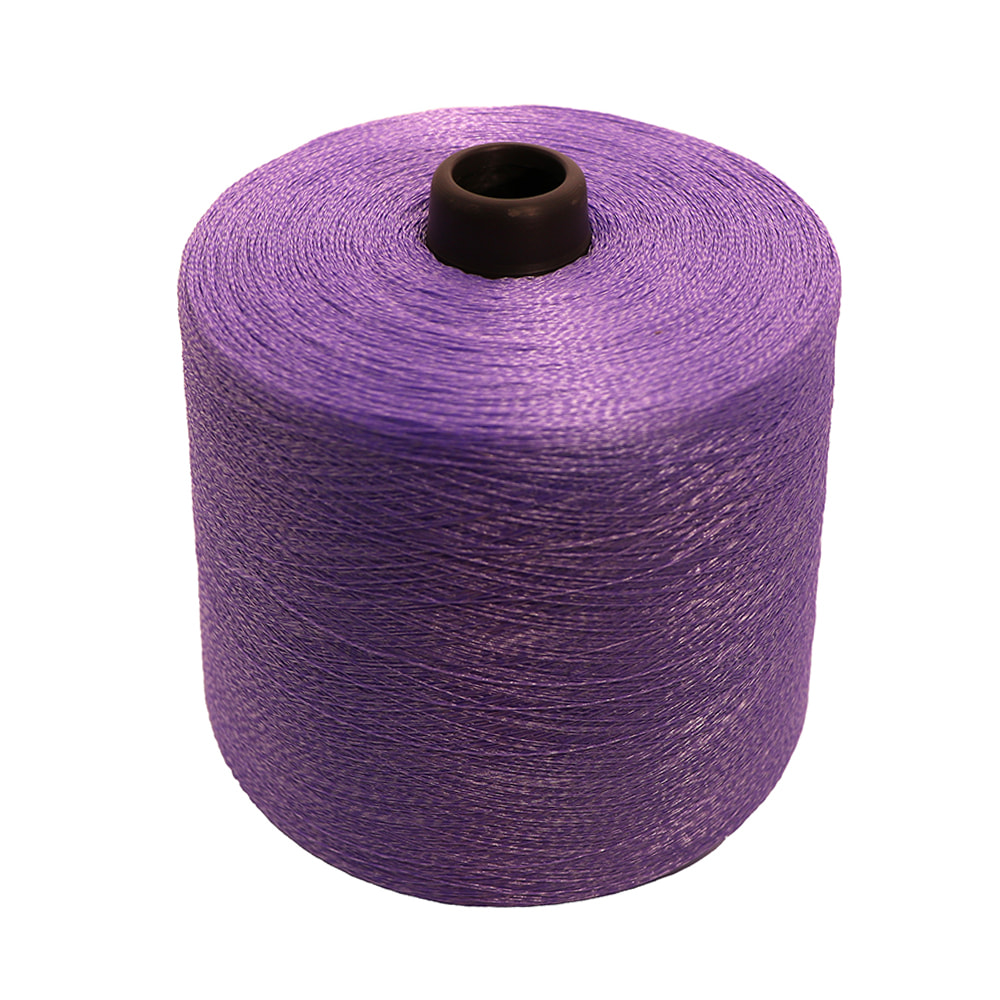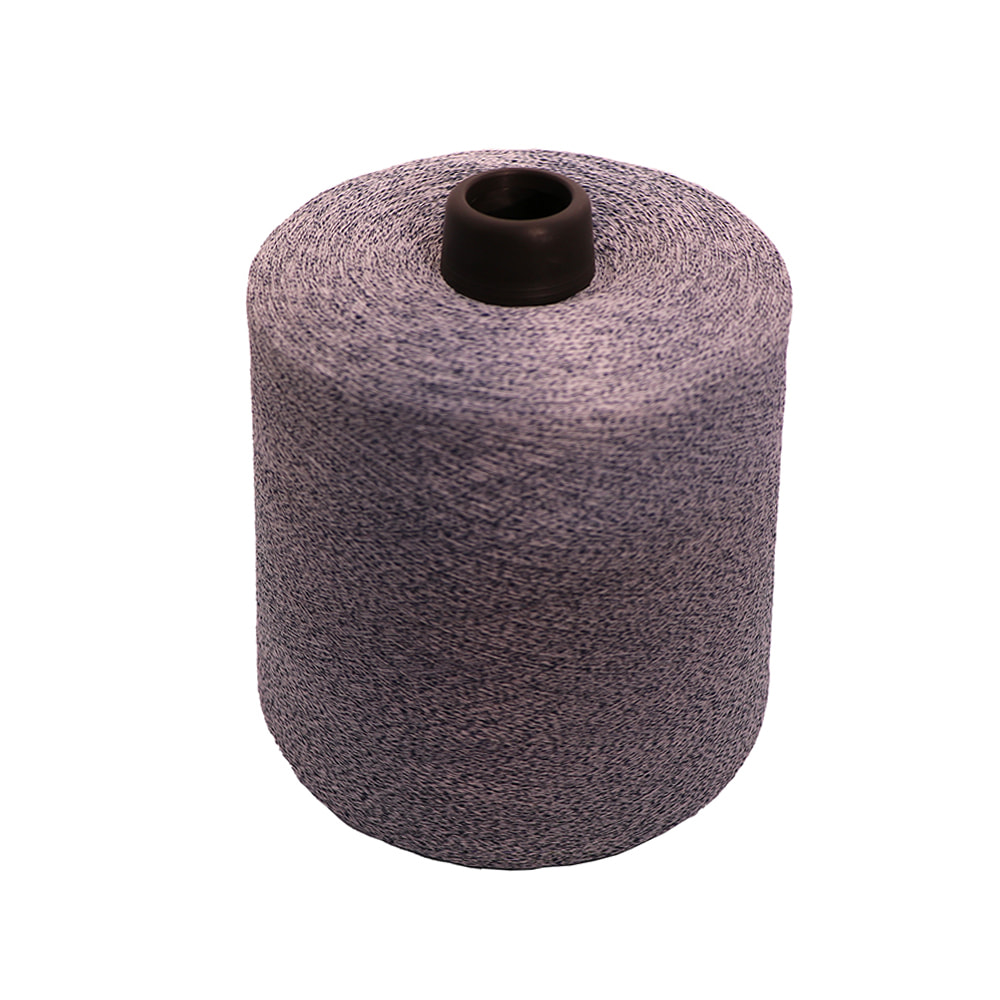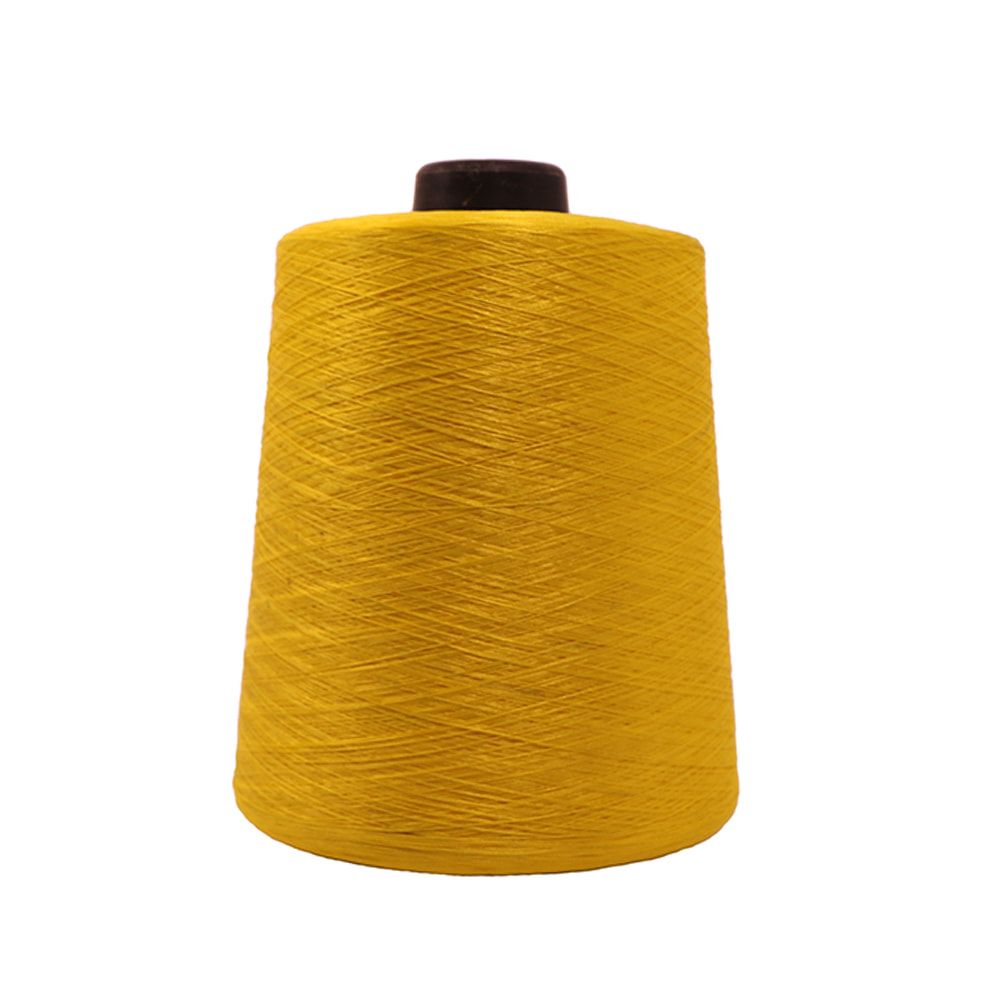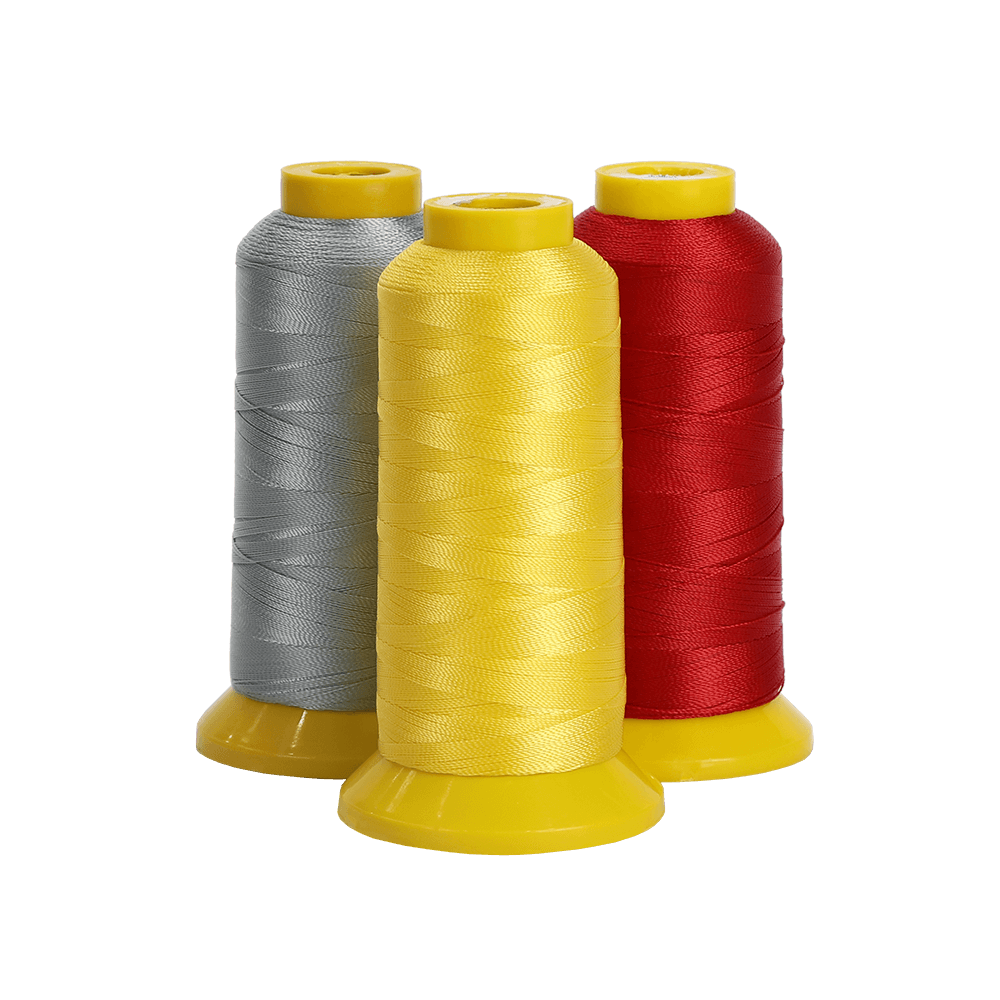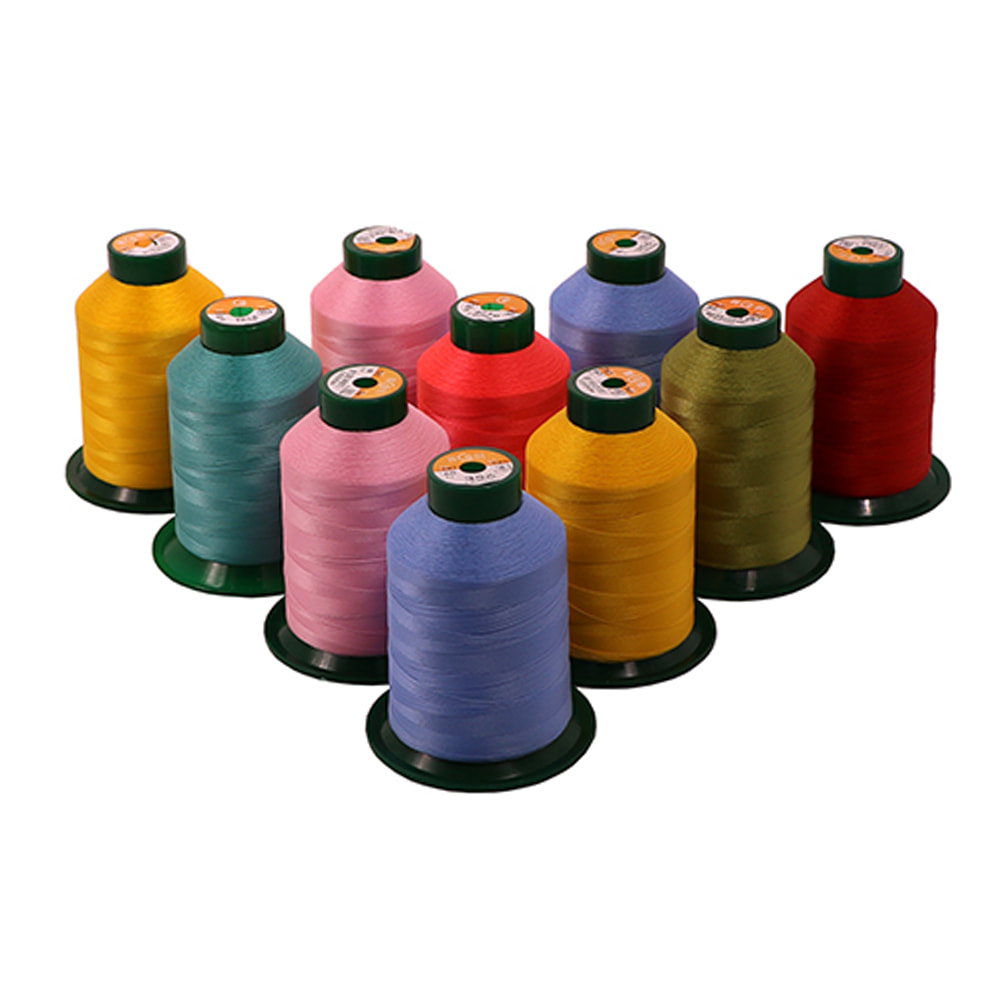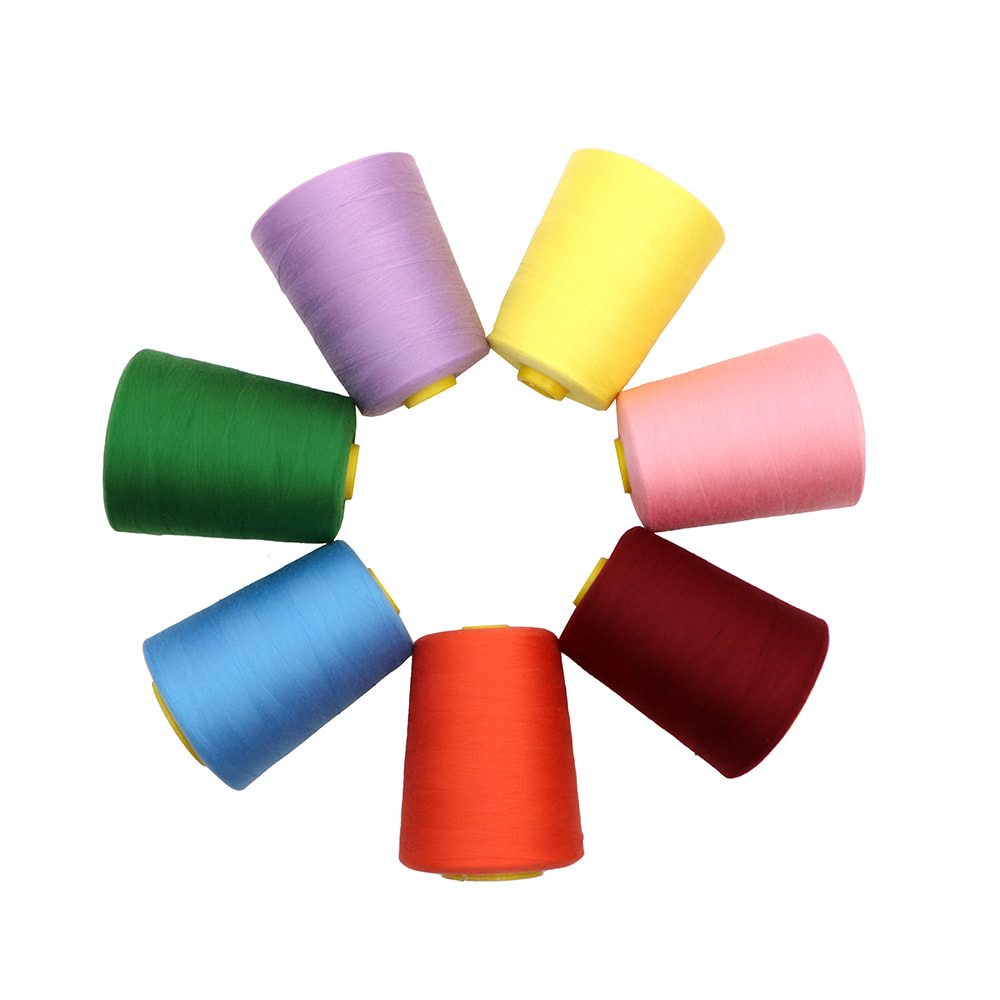1. Understand fabric types
We need to have a basic understanding of common fabric types. Fabrics can be divided into two categories: natural fibers and synthetic fibers, which are further subdivided into cotton, linen, silk, wool, polyester, nylon, etc. Each fabric has its own unique physical and chemical properties, such as strength, abrasion resistance, elasticity, moisture absorption, heat resistance, etc. These properties will directly affect the selection of sewing threads.
2. Matching of natural fiber fabrics and sewing threads
1. Cotton fabric
Cotton fabric is one of the most common fabrics in daily life. It has good moisture absorption, breathability and durability. For cotton fabrics, it is recommended to choose medium-strength sewing thread with good compatibility with cotton fibers. Cotton sewing thread or specially treated polyester sewing thread are both good choices. These threads have good abrasion resistance and flexibility, adapting well to the properties of cotton fabrics.
2. Linen fabric
Linen fabric is known for its rough texture and good breathability. Because hemp fiber is hard, the needle is easy to wear when sewing, so it is recommended to choose a sewing thread with higher strength and better wear resistance. Polyester sewing thread is ideal for linen fabrics due to its high strength and abrasion resistance. At the same time, choosing a slightly thicker wire diameter can better support the structure of the linen fabric.
3. Silk fabric
Silk fabrics are favored for their smooth, delicate feel and elegant sheen. However, silk fabrics are fragile and easily damaged during the sewing process. It is crucial to choose a sewing thread that is soft, smooth and of moderate strength. Silk sewing thread or specially treated polyester sewing thread (such as microfiber) are good choices because they reduce damage to silk fabrics while maintaining the precision of your stitches.
4. Woolen fabric
Woolen fabrics are known for their warmth and softness. Wool fibers are prone to shrinkage, pilling and deformation. When choosing sewing thread, you need to consider the stretchability and wear resistance of the thread. Wool sewing thread or specially treated polyester sewing thread is ideal for woolen fabrics. These threads adapt well to the stretchability of woolen fabrics while maintaining a strong and beautiful stitch.
3. Matching of synthetic fiber fabrics and sewing threads
1. Polyester fabric
Polyester fabrics are widely used for their high strength, abrasion resistance and wrinkle resistance. For polyester fabrics, it is recommended to choose polyester sewing thread with good compatibility. These threads have similar physical properties to polyester fabrics and work well at maintaining the strength and durability of your stitches. At the same time, depending on the thickness and use of the polyester fabric, sewing threads of different diameters and strengths can be selected.
2. Nylon fabric
Nylon fabric is known for its good elasticity, abrasion resistance and tear resistance. For nylon fabrics, it is recommended to choose Colored High-Strength Sewing Thread. Nylon sewing thread or specially treated polyester sewing thread (such as spandex thread) are both good options. These threads adapt well to the elasticity of nylon fabrics while maintaining a strong and abrasion-resistant stitch.
4. Other factors
In addition to the type of fabric, there are other factors to consider when choosing sewing thread, such as the type of sewing machine, sewing technique, purpose of the sewing project, etc. For example, for sewing projects that need to withstand a lot of pressure (such as outdoor gear), you may want to choose a stronger sewing thread; for sewing projects that need to be washed frequently (such as household items), you may want to choose one with better abrasion resistance. Wire.
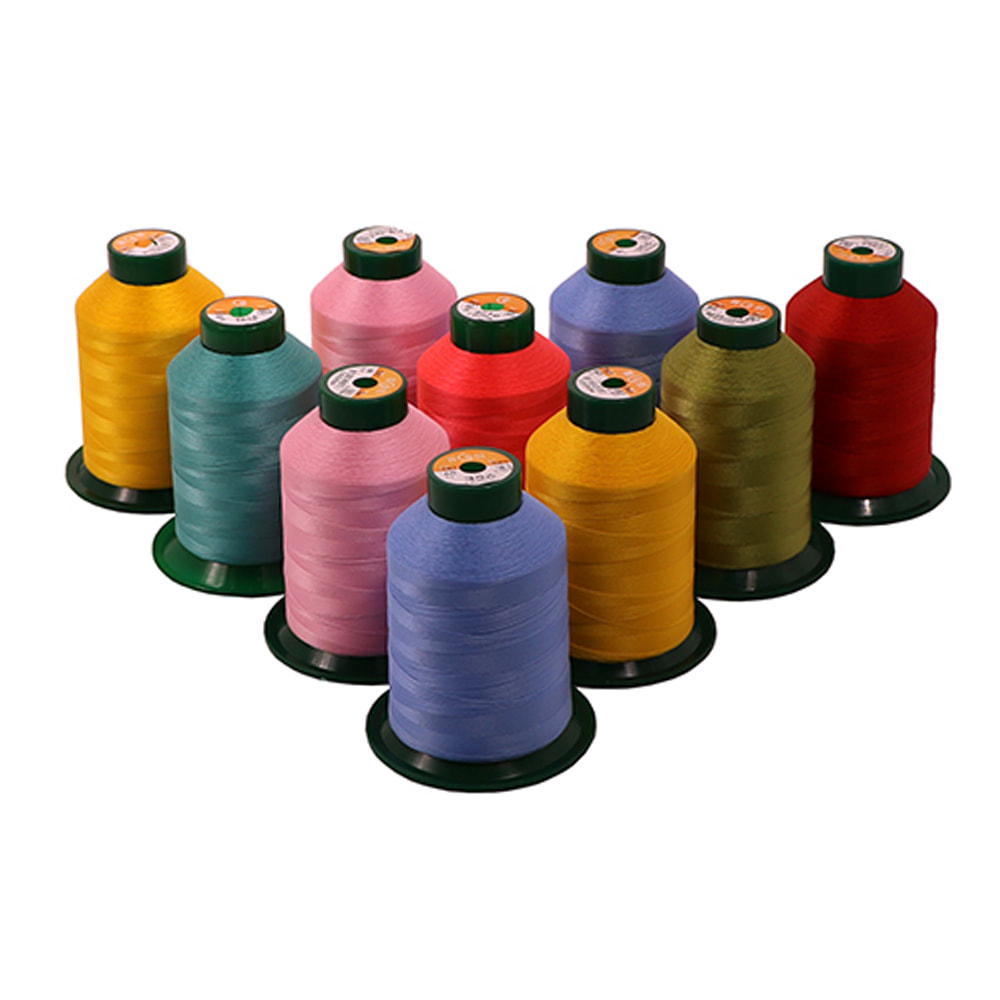

 English
English 中文简体
中文简体 Español
Español
